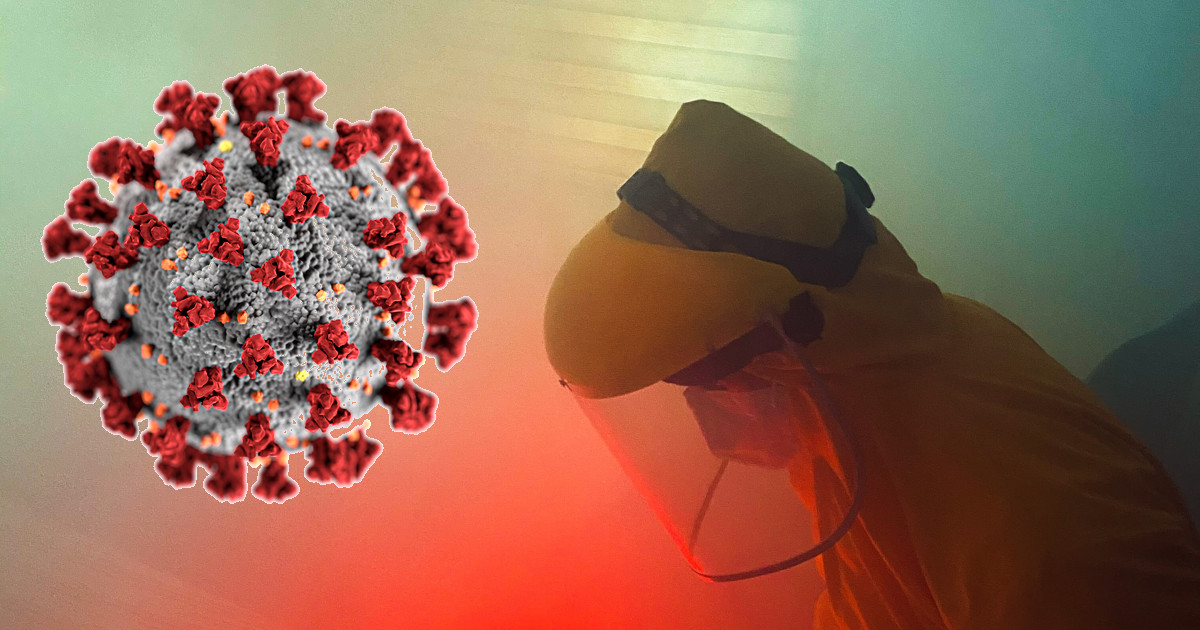
Risky ‘Gain-of-Function’ Studies Need Stricter Guidance, Say US Researchers
After a delay caused by the COVID-19 pandemic, US biosecurity board revisits policies governing risky pathogen experiments.
April 1, 2023 | Source: Nature Portfolio | by Max Kozlov
After a delay caused by the COVID-19 pandemic, US biosecurity board revisits policies governing risky pathogen experiments.
Researchers and biosecurity specialists are calling on the US government to issue clearer guidance about experiments it might fund that would make pathogens more transmissible or deadly. They made these pleas on 27 April, during the first of a series of public listening sessions organized by the US National Institutes of Health (NIH). The sessions are part of a months-long review, conducted by the National Science Advisory Board for Biosecurity (NSABB), of US policies governing risky pathogen research.
The board, which advises the US Department of Health and Human Services (HHS), was supposed to begin this review in 2020, but the COVID-19 pandemic delayed it. Given that enhanced pathogens could accidentally cause disease outbreaks, the need for the review is now greater than ever, some researchers say.
“Pandemics are on people’s minds,” says Marc Lipsitch, an epidemiologist at the Harvard T. H. Chan School of Public Health in Boston, Massachusetts, and an outspoken critic of ‘gain-of-function’ research that modifies pathogens to make them more dangerous to humans. “It’s no longer abstract to think about the destruction that the spread of a new virus can cause.”
